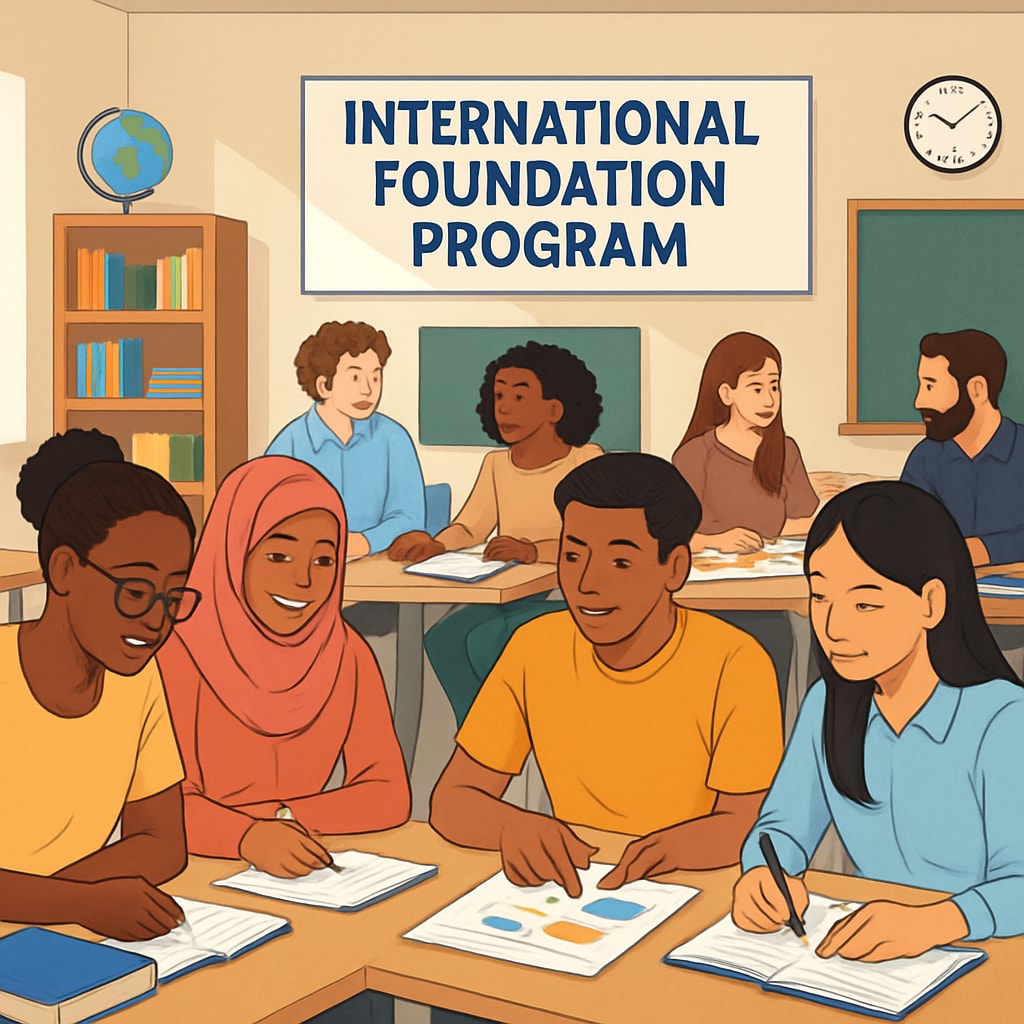Failure in A-Level exams often leaves students and their families at a challenging crossroads. Decisions like retaking exams, enrolling in lower-ranked universities, or studying foundation courses abroad come with their own sets of pros and cons. This article evaluates these education pathways and provides a structured framework to help families make informed choices tailored to their circumstances, aspirations, and resources.
Understanding the Options: Retakes, Universities, or Foundation Courses
When A-Level results fall short of expectations, the immediate question arises: what next? Here are the three primary paths students can consider:
- Retaking A-Level Exams: For students who believe they can significantly improve their grades, retaking exams offers a second chance. However, this option may extend the academic timeline and add stress due to heightened pressure to perform.
- Enrolling in Lower-Ranked Universities: Students may choose to attend universities with less stringent entry requirements. While this ensures continuity in education, the institution’s reputation may impact future career opportunities.
- Pursuing Foundation Courses Abroad: Many international universities offer preparatory foundation programs that help students bridge gaps in qualifications. This option provides exposure to global education systems but comes with higher financial costs and potential cultural adjustments.

Evaluating the Pros and Cons of Each Pathway
To select the best path, families should weigh the benefits and drawbacks of each option:
- Retakes:
- Pros: Provides an opportunity to achieve desired grades and access preferred universities.
- Cons: Requires additional time and preparation, potentially delaying career plans.
- Lower-Ranked Universities:
- Pros: Ensures continuity and a smoother transition after exams.
- Cons: Limited reputation may affect employability and postgraduate opportunities.
- Foundation Courses Abroad:
- Pros: Opens doors to international education and provides academic support for lower grades.
- Cons: Financially demanding and requires adaptation to a new cultural environment.

Decision Framework for Education Choices
Choosing the right educational path requires reflection on several key factors:
- Personal Aspirations: What are the student’s career goals? Are they aiming for highly competitive fields or more flexible career paths?
- Academic Potential: Is retaking exams realistic based on past performance and available support? Would foundation courses provide a stronger academic foundation?
- Financial Resources: Can the family afford the tuition and living costs associated with international education?
- Institutional Reputation: How important is the university’s ranking or prestige in the student’s chosen field?
- Long-Term Planning: Consider how each path aligns with future opportunities, such as postgraduate studies or global career prospects.
Balancing these factors can help families identify the option that best suits their unique situation.
Seeking Expert Guidance and Support
Finally, families should consider consulting academic advisors or career counselors. These professionals can provide personalized insights and recommend strategies based on the student’s strengths, weaknesses, and aspirations. Additionally, exploring online resources such as Britannica’s education overview or government education portals can provide valuable information to aid decision-making.
In conclusion, while A-Level exam failure may feel like a setback, it often serves as a stepping stone toward new opportunities. By understanding the options, weighing the pros and cons, and seeking expert advice, families can ensure the student’s educational journey remains on track and aligned with their future goals.


